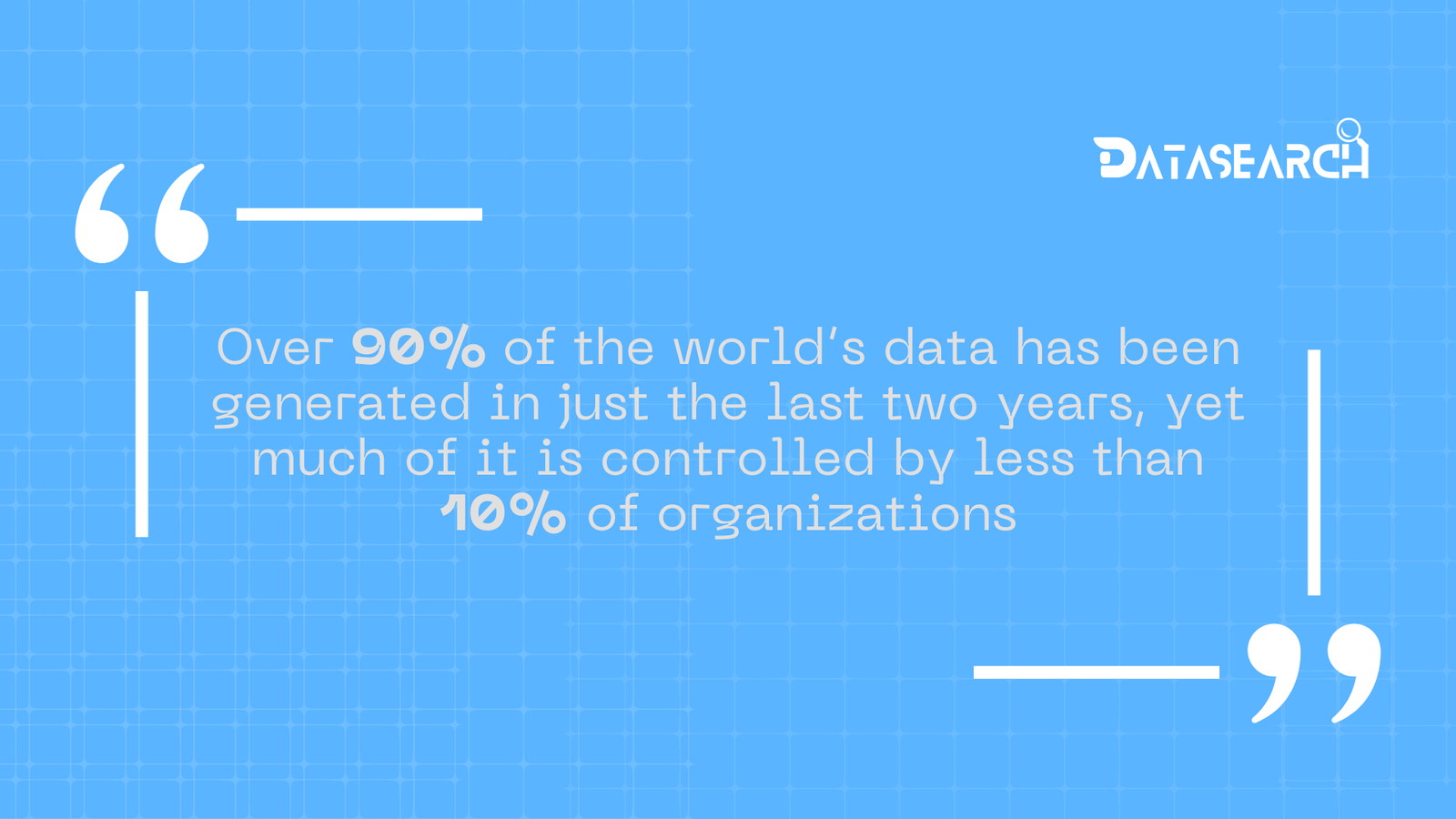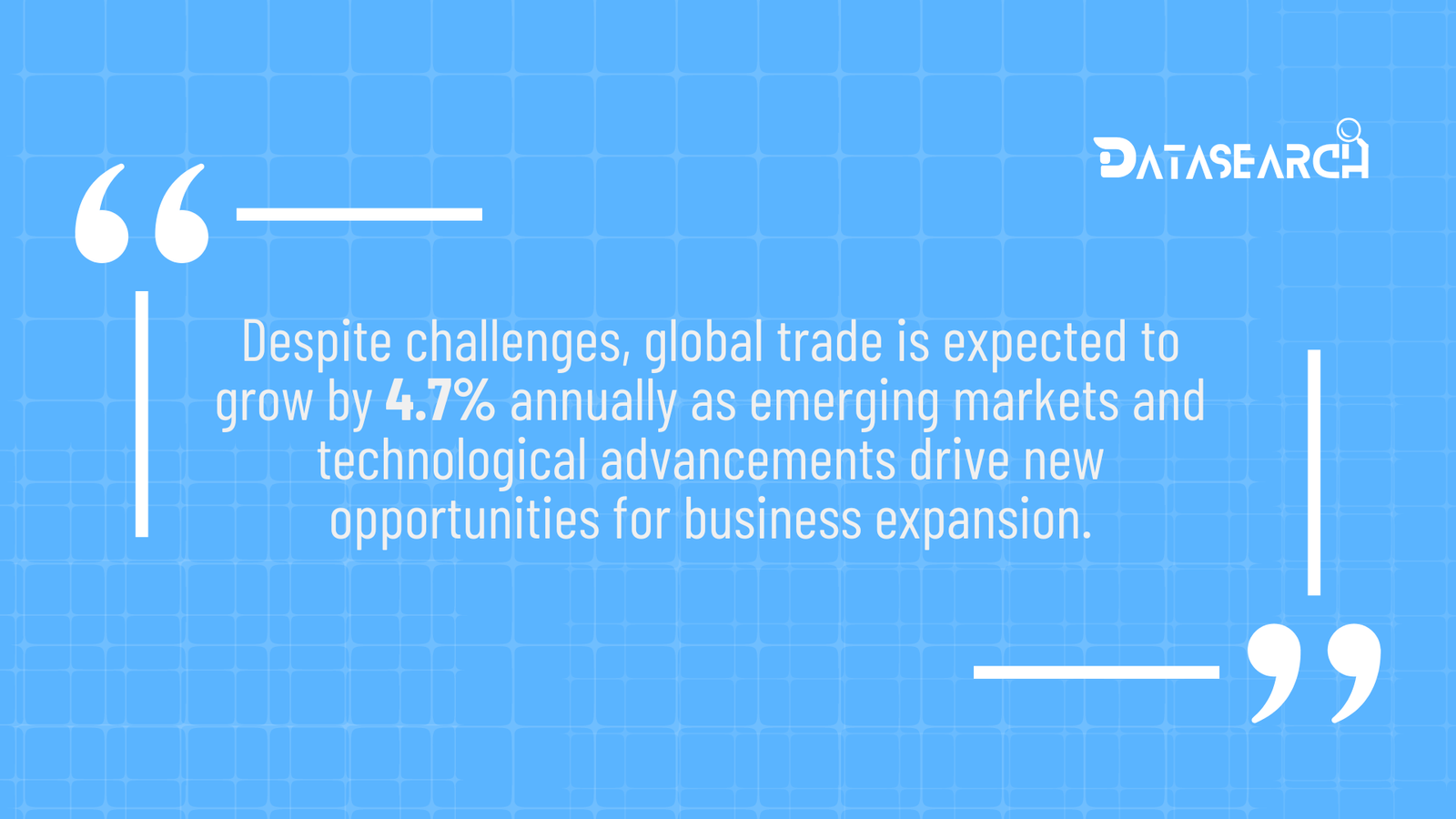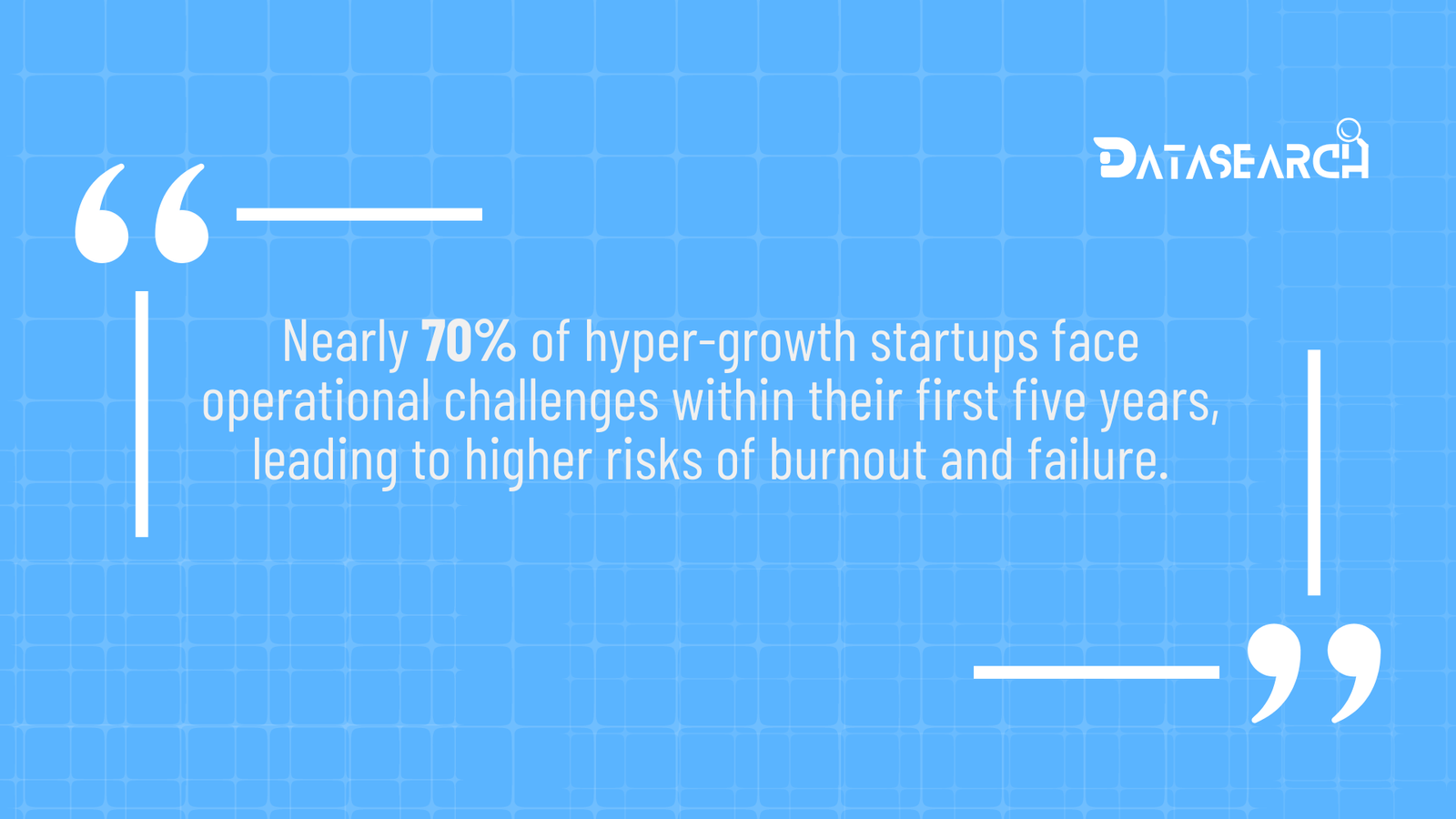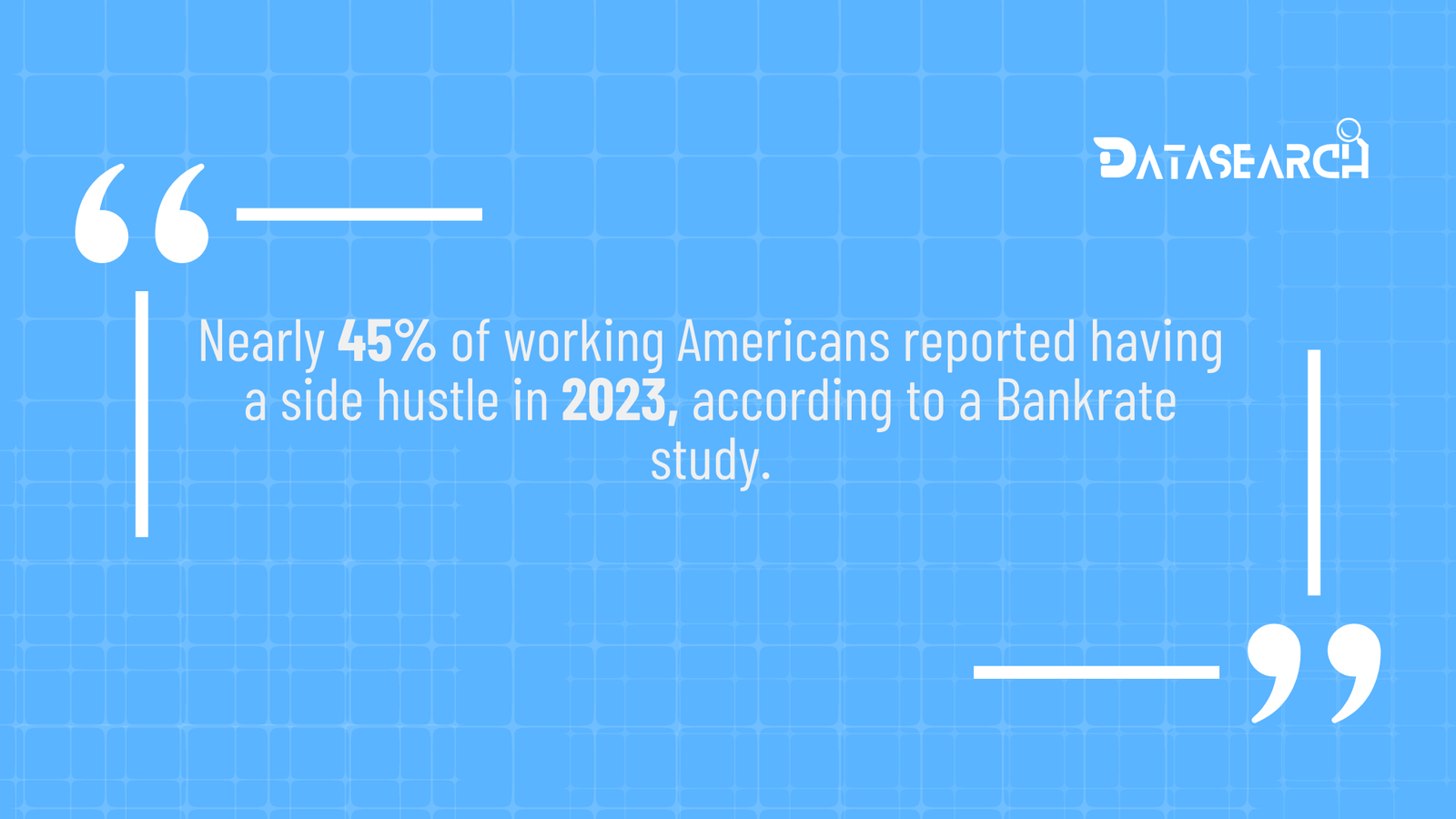The digital age has ushered in unprecedented access to data, but not everyone benefits equally from this wealth of information. The unequal distribution of data and the power it confers has created new global disparities, with significant social, economic, and political implications. In this article, we explore how information shapes power dynamics and exacerbates inequality on a global scale.
The Role of Data in the Modern World
Data is often described as the “new oil” of the digital economy. It drives decision-making, innovation, and market competition, making it a critical resource for businesses, governments, and individuals alike. But just like other valuable resources, access to data is not evenly distributed.
1. Economic Disparities
In today’s global economy, businesses that have access to vast amounts of data hold a distinct advantage over those that don’t. Tech giants such as Google, Amazon, and Facebook have built entire business models on data collection, leveraging this information to optimize products, services, and customer engagement. Meanwhile, smaller businesses and startups often struggle to compete, lacking the data needed to innovate and grow at the same pace.
This disparity extends to entire countries and regions. Developed economies with advanced digital infrastructures can collect, process, and analyze massive amounts of data, using it to fuel economic growth. In contrast, developing nations often lack the technological infrastructure needed to harness the power of data, perpetuating a cycle of poverty and underdevelopment.
2. Political Inequality
Governments around the world use data to shape policy, enhance national security, and deliver public services. However, access to data varies widely between countries. Nations with advanced surveillance and data-gathering technologies can monitor and influence their populations more effectively, often at the expense of personal freedoms. This creates a power imbalance between governments and citizens, particularly in authoritarian regimes where data is used to suppress dissent and manipulate public opinion.
At the same time, international organizations and global powers with extensive data resources hold significant sway over global governance. Countries and institutions with access to critical data on economics, security, and technology wield greater influence in shaping global policies, exacerbating the divide between powerful and less powerful nations.
3. Social Inequality
Data plays a pivotal role in shaping social inequalities, both online and offline. Algorithms used by social media platforms, search engines, and online retailers determine what information people see, what products they buy, and even how they form opinions. These algorithms often reinforce existing biases, disproportionately affecting marginalized groups.
For instance, predictive policing algorithms have been criticized for disproportionately targeting communities of color, perpetuating systemic inequalities in law enforcement. Similarly, data-driven decisions in areas such as healthcare, employment, and education often reflect and reinforce societal biases, leading to unequal treatment of certain demographic groups.
How Data Contributes to the Global Wealth Gap
The rise of data-driven economies has contributed to the widening wealth gap between those who can harness the power of data and those who cannot. This disparity is driven by three key factors:
1. Data Monopolies
Tech giants like Google, Amazon, and Facebook have amassed vast amounts of data, creating near-monopolistic control over global information flows. Their dominance in data collection gives them unparalleled market power, allowing them to stifle competition, influence consumer behavior, and drive profits. This consolidation of data in the hands of a few has created a new kind of wealth inequality—one in which a small number of companies and individuals reap the majority of benefits.
2. Lack of Access to Data
For many small businesses, startups, and even entire countries, access to data remains a challenge. Without the resources to collect and analyze data, these entities are left at a competitive disadvantage. This lack of access stifles innovation and prevents them from capitalizing on the benefits of the digital economy, widening the gap between the data-rich and the data-poor.
3. Automation and Job Displacement
The increasing use of data and automation in industries such as manufacturing, retail, and logistics is leading to widespread job displacement, particularly in low-skill and low-wage jobs. While data-driven innovation creates new opportunities in fields such as AI, software development, and data analysis, these opportunities are often out of reach for workers without advanced technical skills, exacerbating income inequality.
Data Colonialism: A New Form of Exploitation?
Some experts argue that the global data landscape mirrors the dynamics of colonialism, where powerful entities exploit the resources of less powerful regions. This phenomenon, often referred to as “data colonialism,” occurs when corporations or countries extract data from developing nations, using it for profit without providing any tangible benefits to the data subjects.
For example, many tech companies operate in developing countries, collecting data from users in exchange for providing free services such as social media platforms or search engines. While these services may offer some benefits, they also allow corporations to extract valuable data that can be monetized, often without the informed consent of users.
Bridging the Data Divide: What Can Be Done?
Addressing the inequalities fueled by data requires a multifaceted approach, involving governments, businesses, and individuals. Some potential solutions include:
1. Data Democratization
Efforts to make data more accessible to individuals and smaller entities are essential for reducing disparities. Open data initiatives, where governments and organizations make their data publicly available, can help level the playing field by providing access to valuable information for innovation, research, and policymaking.
2. Regulation of Data Monopolies
Governments must regulate data monopolies to prevent the concentration of power in the hands of a few tech giants. This could involve antitrust actions, data portability requirements, and transparency measures to ensure that companies use data ethically and responsibly.
3. Data Literacy and Education
To fully participate in the digital economy, individuals and businesses must develop data literacy skills. Governments, educational institutions, and businesses should invest in programs that teach data literacy, ensuring that people from all backgrounds can harness the power of data for personal and professional growth.
How DataSearch Can Help You Leverage Data Ethically and Effectively
In a world where data is a key driver of power and inequality, businesses must navigate this complex landscape responsibly. DataSearch offers customized data solutions that help businesses access targeted insights without contributing to data exploitation. By focusing on ethical data practices and providing lead lists tailored to your specific needs, DataSearch ensures that you leverage data in a way that drives growth and equality.
Visit DataSearch.pro today to learn how we can help you ethically and effectively harness the power of data for your business.




